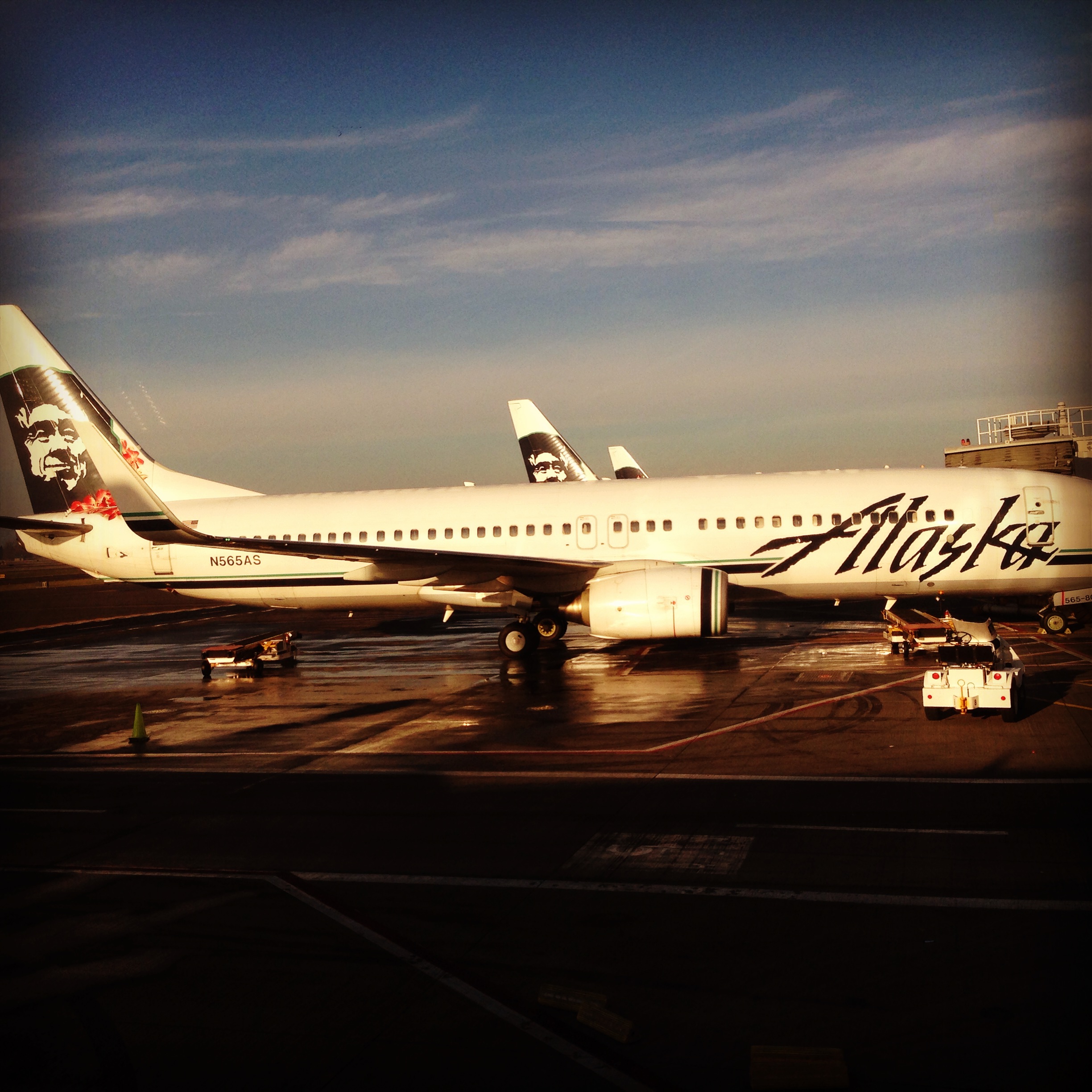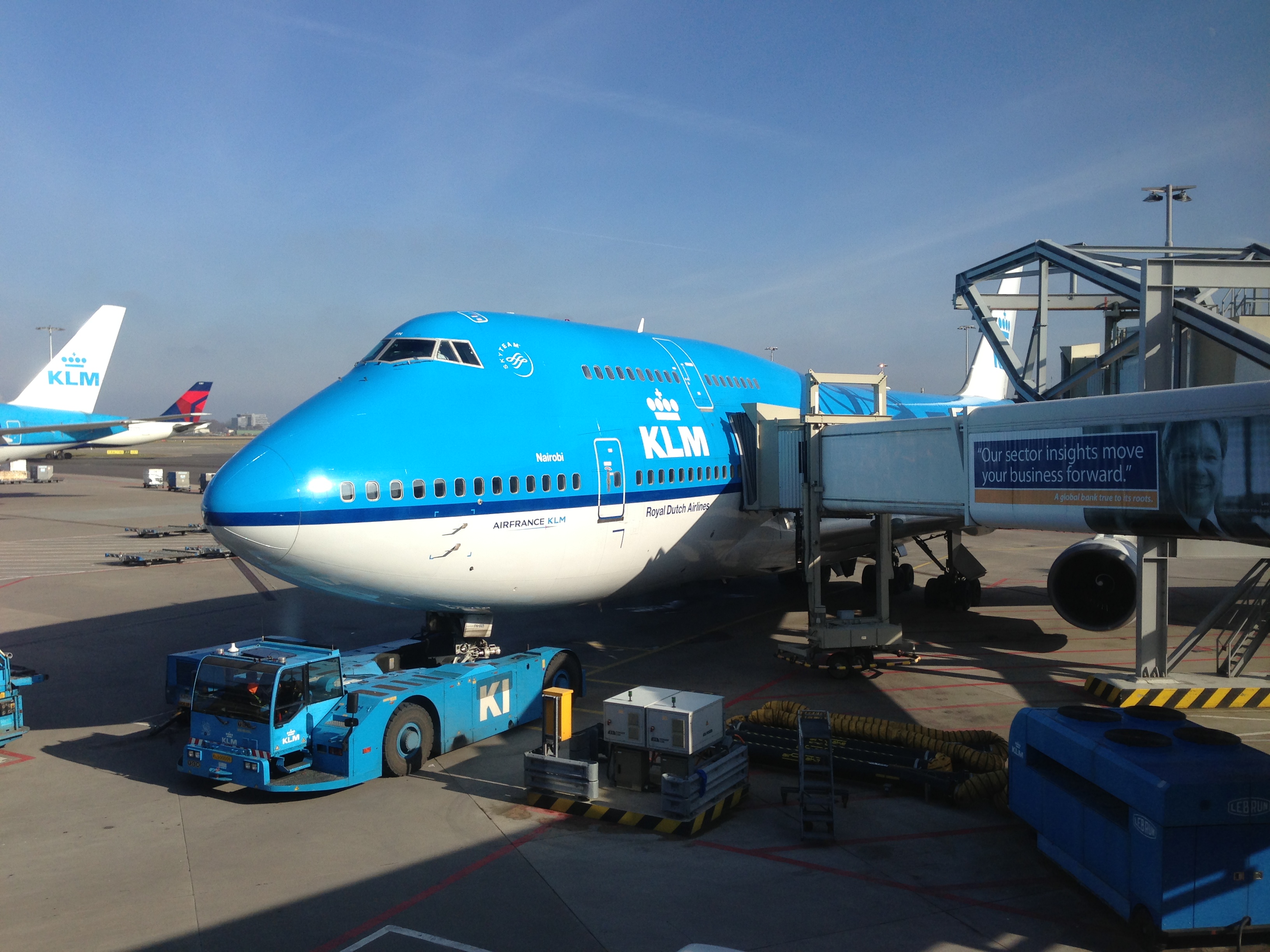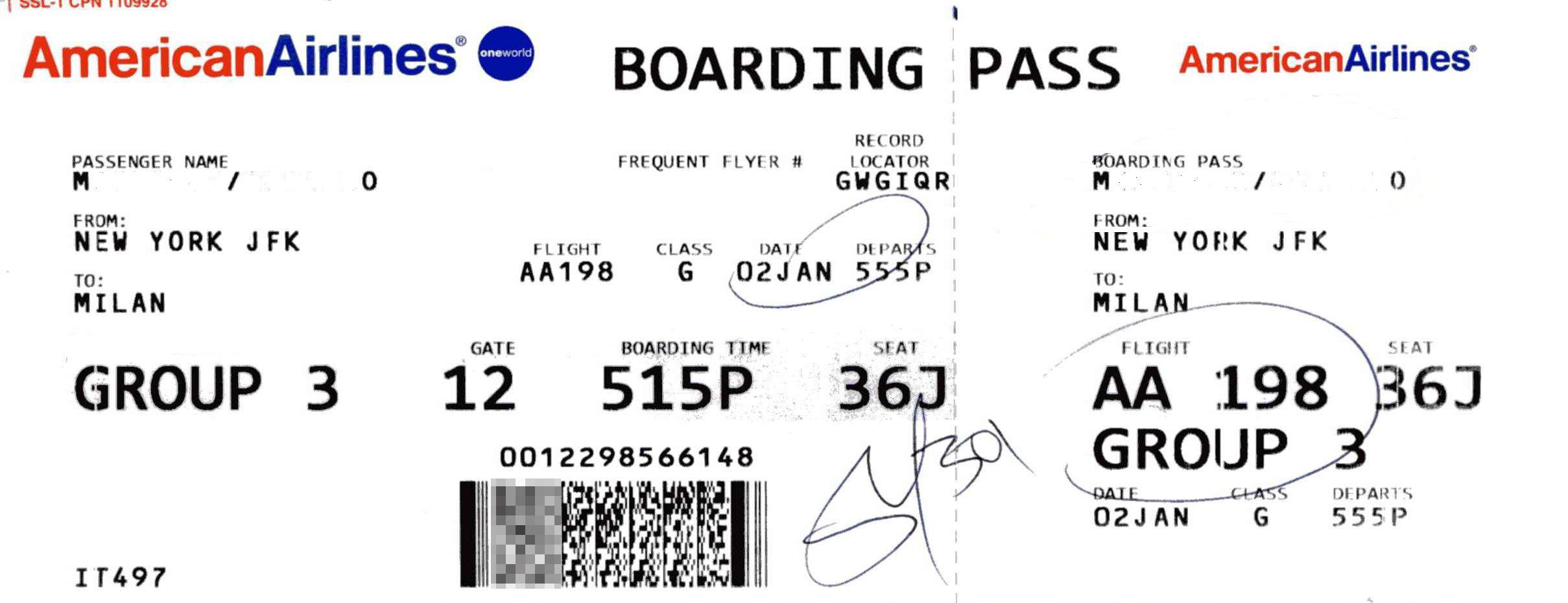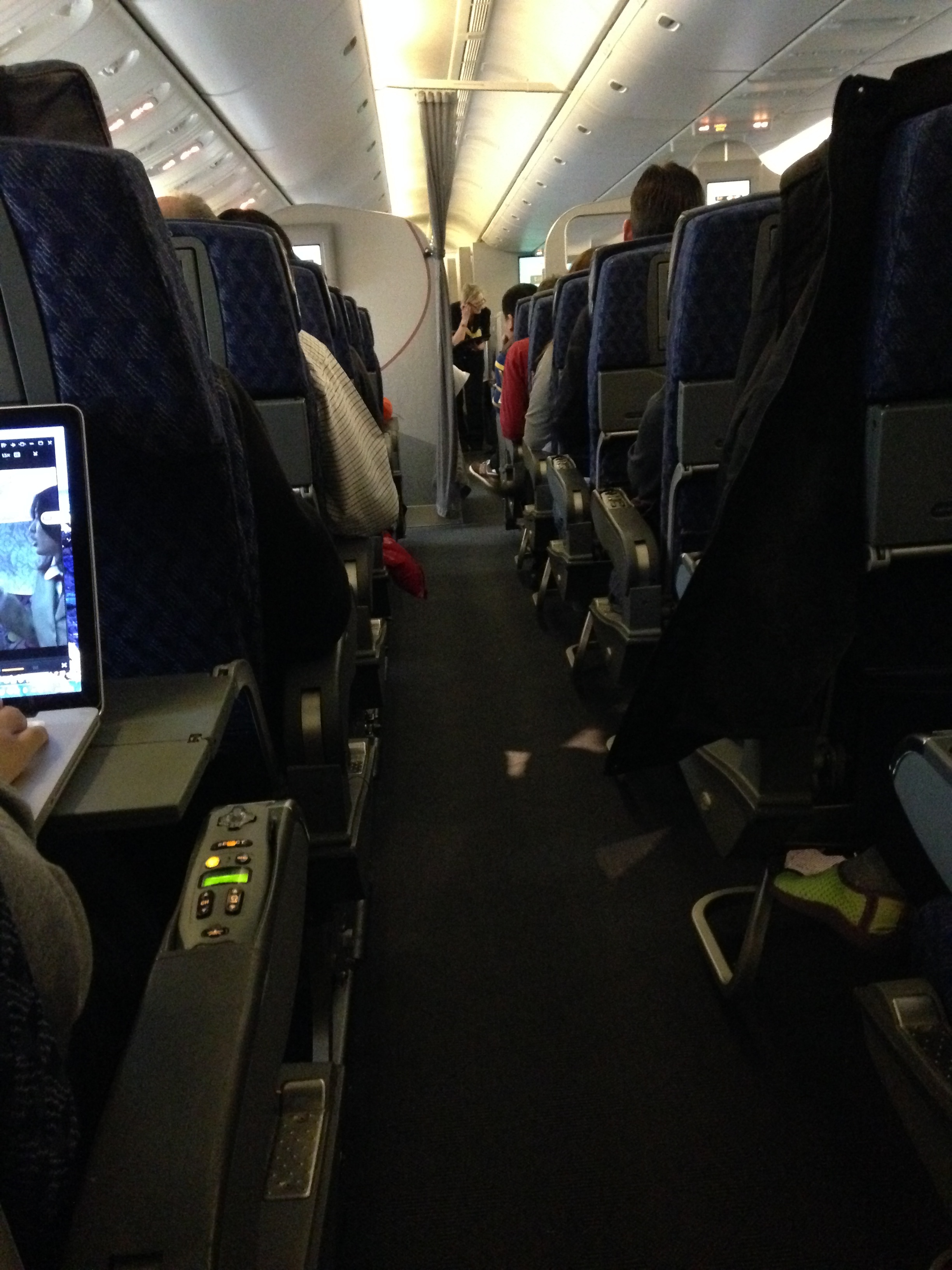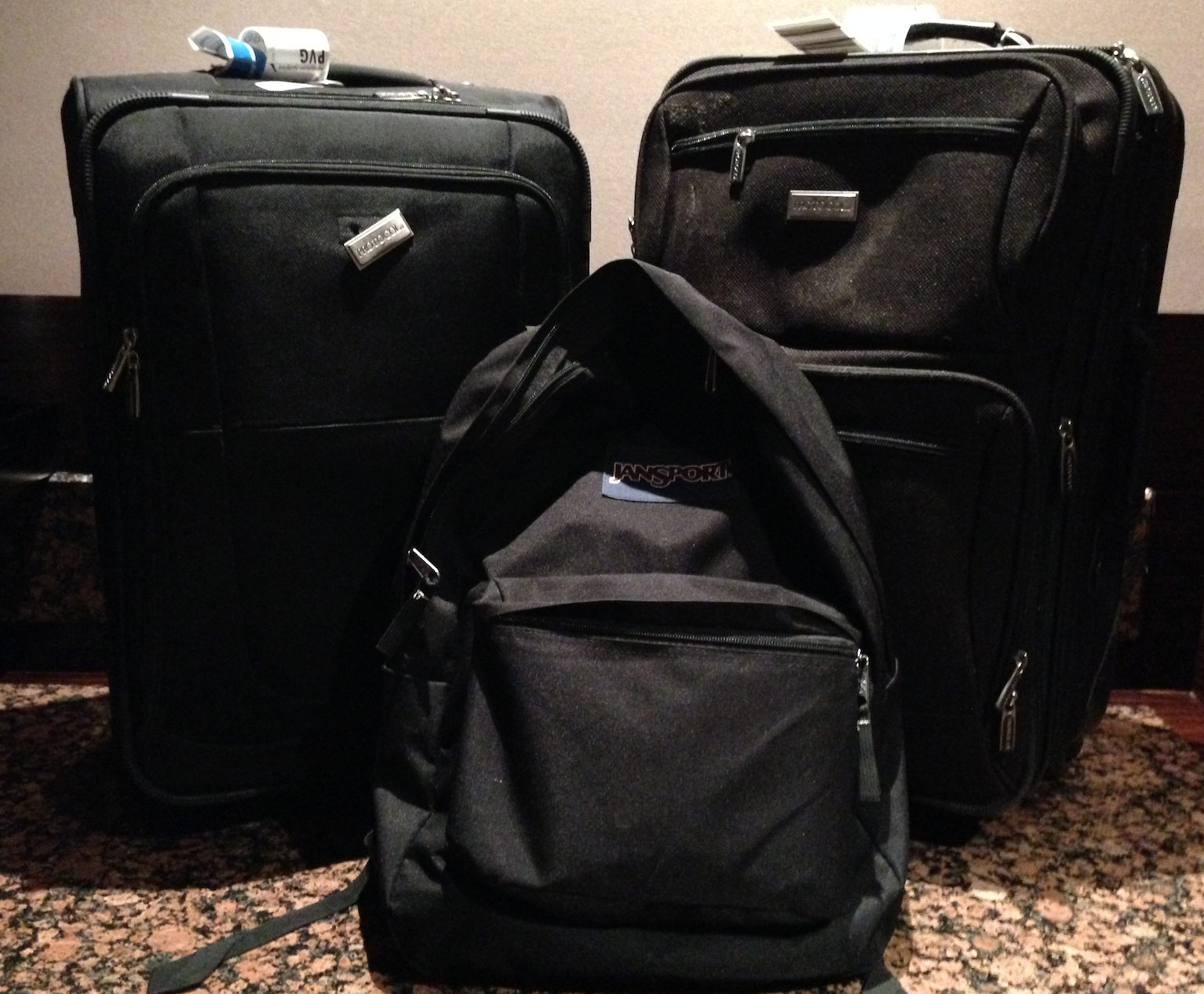The surprising country where American Airlines will not sell tickets
Is it Cuba? Myanmar maybe? Oh, I know! It must be North Korea! Nope. And the reasons for which they have decided to do so might not be so obvious.
Jon and Ben have been flying and collecting miles for years now. Together they travel the world, in first class of course, at least once a month for pennies on the dollar. You can read all about Jon and Ben's travels on their website, www.NoMasCoach.com
Since 2011, Argentina has been imposing strict restrictions on currency exchange that make it extremely difficult if not impossible for regular citizens, as well as companies, to have access to foreign currency. This has probably been inspired by similar restrictions in Venezuela, a country that the current Argentinian administration shares the same ideology with. These stringent restrictions have lead to a parallel black market where one can exchange US dollars at a rate of 15 pesos, instead of the official exchange set to 9.65 pesos to the dollar.
Furthermore, these restrictions also dictate that international companies doing business in the country, such as in this case American Airlines, are capped when it comes to repatriating their profits, therefore being unable to exchange the pesos collected from selling tickets through their local Argentinian subsidiary and turn them into US dollars to pay for their international expenses, maintenance, etc.
Not too long ago, American had changed their policy on tickets sales and only allowed ticket purchases 90 days into the future, in an attempt to control the rate at which their incoming pesos could be turned into dollars given that with every passing day the pesos would further devalue. This strategy had been somewhat successful (at least for AA – not for customers) but with the latest tightening of restrictions, American is faced with the following problems.
First, Argentina’s central bank is the entity in charge of these restrictions, which signal the banks ability to keep they ever diminishing reserves, thus enforcing caps to slow this money sinkhole. This is also a red flag that undoubtedly signals economic instability. Second, Argentina recently elected their new president, which is in opposition to the current administration and has promised to undo most of the economic decisions that have further crippled the country’s economic growth. The downside to this is that one of the most feasible options to start fixing the economy is a possible devaluation of the peso.
American, which serves the Argentina market with 27 weekly flights, is now faced with the choice of either continuing the sale of tickets in Argentine currency and exchange pesos for dollars at a very slow pace -but fast enough for the pesos to lose their value since inflation is estimated upwards of 20%- or continue to accumulate pesos and lose almost all of their value in a massive currency devaluation.
The IATA estimates that there are currently $3.7 billion in airlines’ ticket revenue thanks to the restrictions imposed by Venezuela, and American Airlines is trying to avoid being stuck in the same situation, so they have opted to discontinue all ticket sales in Argentine pesos (i.e. they still accept international credit cards for purchases).
We won’t know much for a while until the new administration is inaugurated on December 10th, but we will definitely make sure to keep an eye out and see what their new policies bring in terms of good news for both the Argentine people and airlines operating there as well.
